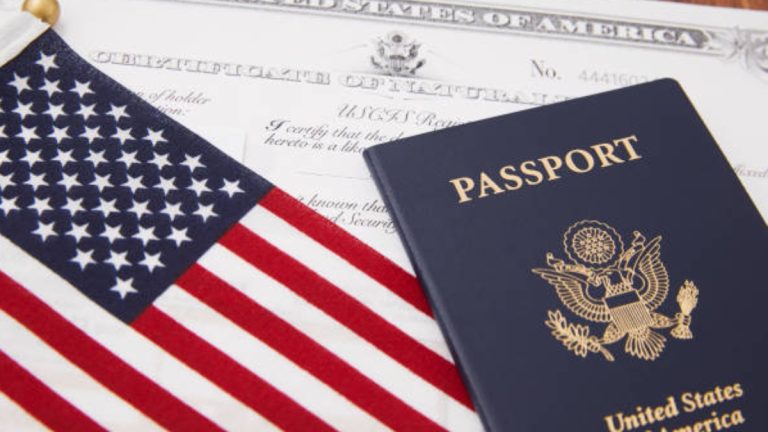Trump Administration Faces Scrutiny Over Controversial Deportations

A heated legal battle is unfolding as a federal judge takes the Trump administration to task over the deportation of Venezuelan nationals under the Alien Enemies Act. Despite a court order to halt removals, the administration proceeded with deportations, triggering a fierce courtroom exchange.
The Alien Enemies Act: A Rarely Used Presidential Power
The Alien Enemies Act, dating back to 1798, grants the U.S. president the authority to detain or deport nationals of hostile nations during wartime or a declared national emergency. Though rarely invoked in modern history, the Trump administration has controversially dusted off this old law to justify mass deportations.
Deportations Despite a Court Order: What Happened?
Over the weekend, more than 200 Venezuelan nationals were deported to El Salvador. Many of these individuals were allegedly linked to the Tren de Aragua gang, a notorious criminal organization. However, their removal came after U.S. District Judge James Boasberg issued a temporary restraining order (TRO) to halt deportations.
The administration claims the deportation flights had already left before the written court order was issued, raising serious questions about timing, compliance, and potential legal loopholes used to bypass judicial authority.
Judge Boasberg’s Fiery Courtroom Rebuke
During a tense hearing, Judge Boasberg openly criticized Department of Justice (DOJ) attorney Abhishek Kambli for failing to provide clear answers regarding the timing and details of the deportation flights.
When pressed for specific details, the DOJ lawyer remained vague, prompting the judge to express frustration over the administration’s lack of transparency.
The government argued that a verbal court order lacks enforceability, insisting that judicial power ceases once deportees leave U.S. airspace aclaim that legal experts have called constitutionally questionable.
Legal Experts Weigh In: A Dangerous Precedent?
Many legal scholars are deeply concerned about the implications of the administration’s stance. Michael J. Gerhardt, a constitutional law professor, called the government’s argument “borderline absurd,” emphasizing that U.S. officials remain bound by constitutional and judicial oversight, regardless of whether deportations occur outside U.S. borders.
The case is shaping up to be a major test of executive power versus judicial authority, raising concerns about whether the administration is deliberately exploiting legal loopholes to push through controversial deportations
What Happens Next?
Judge Boasberg has demanded that the Trump administration provide full details on the deportation flights, including departure times, destinations, and the current status of those deported. The government has until Tuesday to comply.
This case could set a significant precedent regarding presidential authority over immigration enforcement, especially under the Alien Enemies Act—a law that has not been widely used since World War II.
Final Thoughts: Is This a Dangerous Expansion of Executive Power?
The clash between the judiciary and the Trump administration underscores growing concerns over how far the executive branch can go in bypassing court orders. If the government’s legal argument holds, it could pave the way for future administrations to ignore judicial rulings on immigration and deportation matters.






